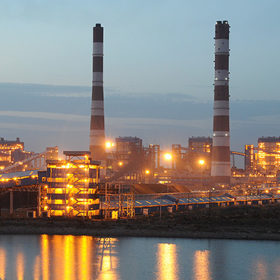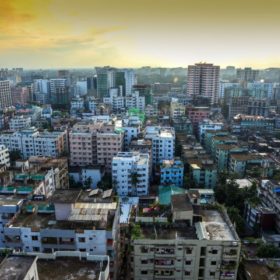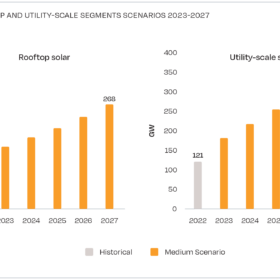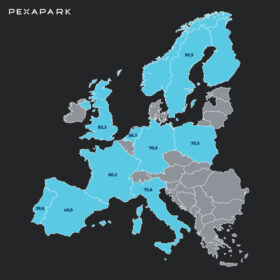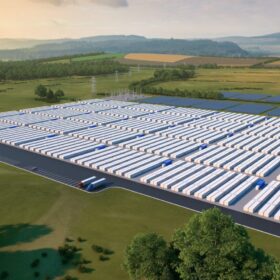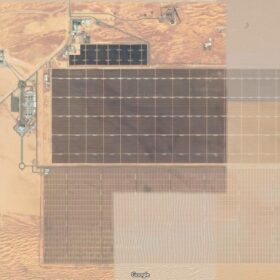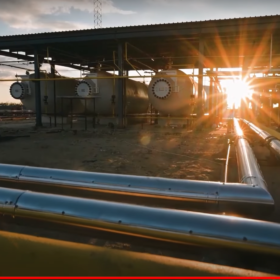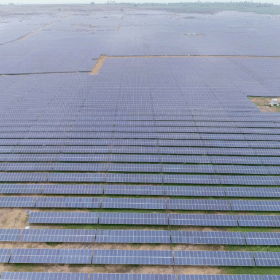Reviving stranded power plants better than investing in new thermal capacity
Strategic acquisitions and subsequent revival of stranded thermal power plants will better serve India’s short-term energy security needs than investing in new ones.
Faster electric car rollout in Bangladesh demands policy support
The economic burden of air pollution in Bangladesh, for which transport is one of the major reasons, calls for strong policy-level intervention to increase the adoption of electric cars.
India remains world’s most attractive solar market
India has retained its crown as the most attractive market for solar investment, according to the latest edition of Ernst & Young’s renewables attractiveness index.
Global rooftop PV additions soar by 50% to 118 GW in 2022
The world installed 239 GW of new solar capacity in 2022, according to SolarPower Europe. The rooftop PV segment accounted for 49.5% of additions – the highest share in the past three years. The rooftop sectors in Brazil, Italy, and Spain grew by 193%, 127%, and 105%, respectively.
PPA prices falling across Europe, says Pexapark
Pexapark says power purchase agreement (PPA) prices are falling in Europe, with prices in Spain and Portugal down by 6.4% and 6.2% to €40.90 ($43.99)/MWh and €39.60/MWh, respectively.
Form Energy to deploy 100-hour iron-air battery system in US
US utility Georgia Power has more than 850 MW of active energy storage projects under development or in operation across its service territory.
Govt puts pumped storage on fast track
The Central Electricity Authority recently approved a 1.35 GW pumped storage project in Andhra Pradesh in a record time of 70 days.
Dubai’s tender for 6th phase of giant solar park attracts lowest bid of $0.0162154/kWh
DEWA said it will announce the preferred bidder for the 1,800 MW 6th phase of the Mohammed bin Rashid Al Maktoum Solar Park in the third quarter of this year.
IH2A submits plan for $5 billion national green hydrogen hubs by 2030
Industry body India Hydrogen Alliance has submitted a plan to the government to build five large national green hydrogen corporations with a collective enterprise value of $5 billion by 2030. The plan shows public finance support, in the form of CAPEX and offtake incentives for National Green H2 Hubs, is crucial for creating financially viable green hydrogen infrastructure, especially in the initial 2024-30 period.
Module supply-demand mismatches, higher prices to hit India’s utility-scale solar deployment this year
After a record-breaking 14 GW addition in 2022, India’s annual utility-scale solar deployment will slow down in 2023 due to lower awarded capacity in 2022 and supply-demand mismatch for high-capacity modules, says a new report by The International Energy Agency (IEA).
